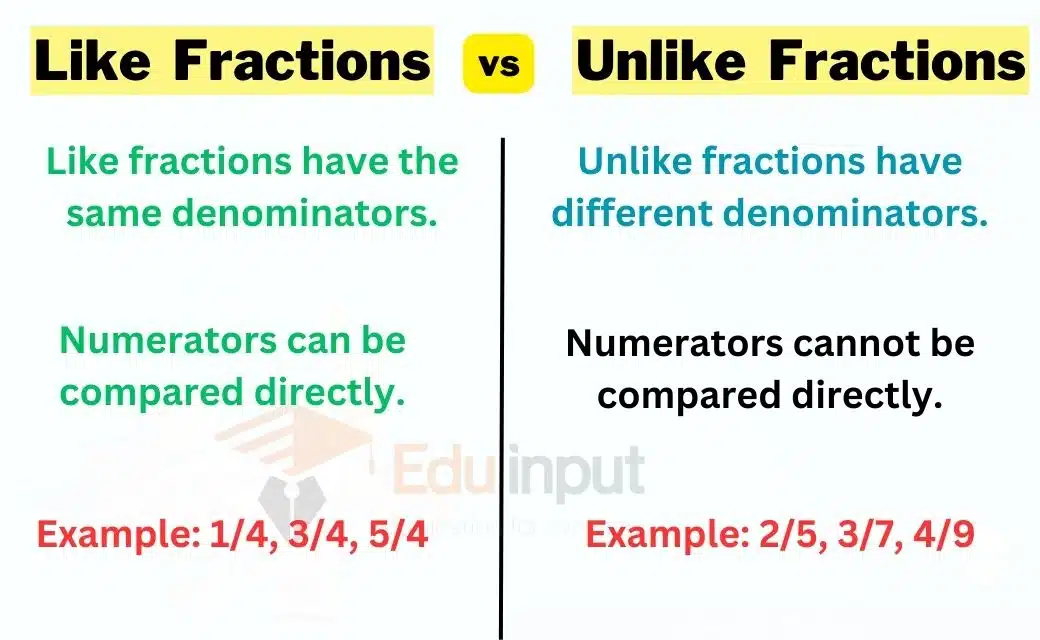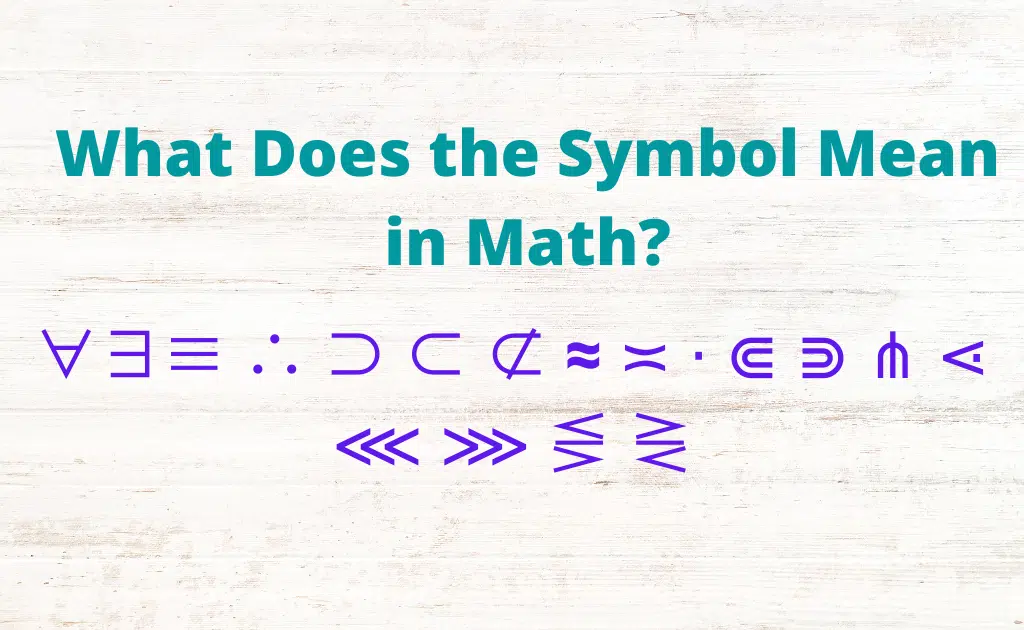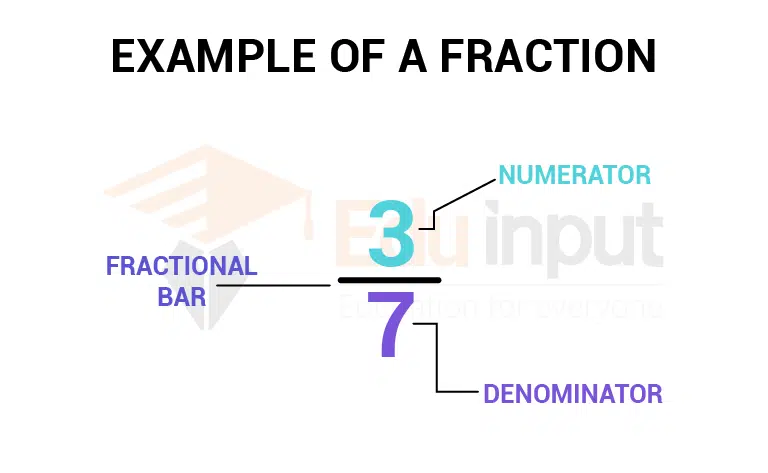What is Composite Number Mean in Math?
A number is said to be a Composite number if a number has more than two factors. Numbers can be divided on the basis of the number of factors that they have.
If a number has just two factors – 1 and the number itself, then it is a prime number. in this article, we will learn the difference between composite and prime numbers, the odd composite numbers, the smallest composite number, The last one is interesting because there are several odd composite numbers, unlike 2, which is the two only even prime number.
What are composite Numbers?
A composite number can be defined as a number that is divisible by a number other than 1 and the number itself, is said to be a composite number.
For example, 6 is a number that is divisible by 1, 2,3, and 6, therefore, it is a composite number.
Example of composite number?
4, 6, 8, 9, and 10 are the first few composite numbers. Let us 6 and 8. In the above example, 6 and 8 are said to be composite numbers because they have more than 2 factors. Let us proceed to learn the important properties of composite numbers.
How to calculate Composite numbers?
In order to calculate a composite number, we calculate the factors of the given number. If the number contains more than two factors, then it is composite. The best method out a composite number is to perform the divisibility test. The divisibility test helps us to find whether a number is a prime or a composite number. Divisibility means that a number is divided completely living with no remainder by another number, other than 1 and itself.
Properties of composite numbers
Composite numbers can be defined as counting numbers that have more than two factors.
Properties of a composite number are listed below:
- All composite numbers are completely divisible or living with zero reminders by smaller numbers that can be prime or composite.
- Every composite number is made up of two or more prime numbers.
Types of composite numbers?
The two main types of composite numbers in math.
- Even composite numbers.
- Odd composite numbers.
Even composite Number
All the even numbers which are not prime are even composite numbers. For example, 4, 6, 8, 10, 12, 14, 16, are even composite numbers.
Let us the numbers 1, 2, 3, 4, 9, 10, 11, 12, and 15 again. Here 4, 10, and 12 are the even composite numbers because these even numbers have more than 2 factors and they satisfy the condition of composite numbers.
Odd composite numbers
All the odd numbers which are not prime are odd composite numbers.
For example, 9, 15, 21, 25, 27 are said to be odd composite numbers. Let us the numbers 1, 2, 3, 4, 9, 10, 11, 12, and 15. Here 9 and 15 are the odd composite numbers because these two odd numbers have more than 2 factors and they satisfy the condition of composite numbers.
Smallest composite number
The smallest composite number is 4. A composite number is defined as a number that has divisors other than 1 and the number itself. Now, as we start counting numbers: 1, 2, 3, 4, 5, 6, …. so on, we see that 1 is said to be not a composite number because its only divisor is 1. 2 is said to be not a composite number because it has only two divisors, i.e., 1 and the number 2 itself.
3 is said to be not a composite number because it has only two divisors, i.e., 1 and the number 3 itself. However, when we come at number 4, we know that its divisors are 1, 2, and 4. So, the number 4 satisfies the criteria of a composite number. Therefore, 4 is the smallest composite number.







Leave a Reply